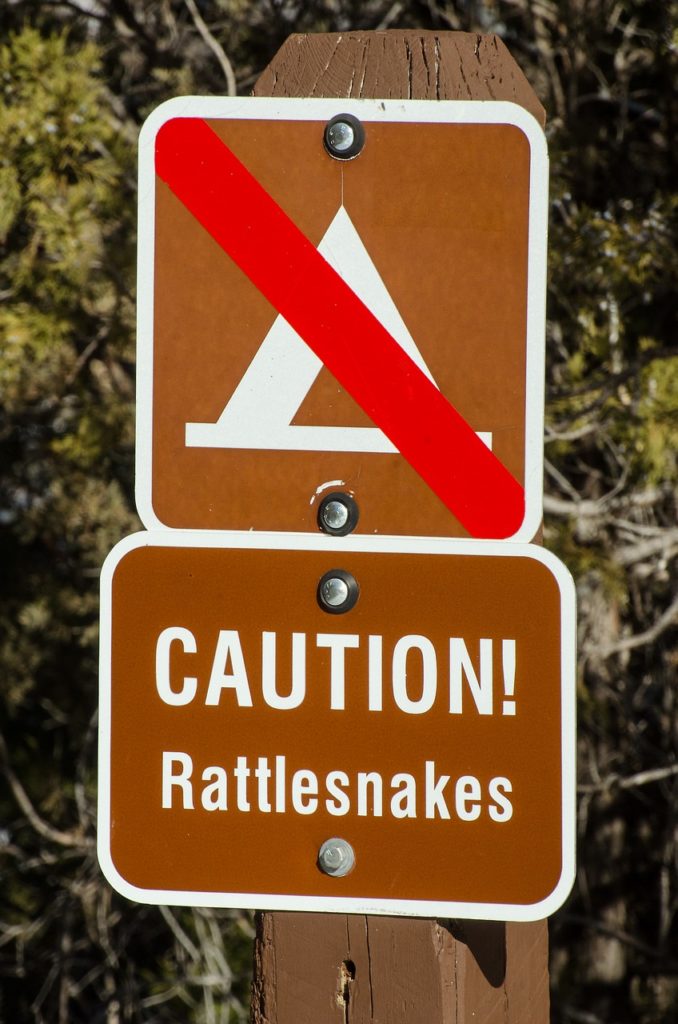The allure of camping lies in its simplicity: swapping the din of the city for the symphony of nature, breathing fresh air, and forging memories under a canopy of stars. However, amidst the adventure, safety remains paramount. To ensure your camping trip is filled with relaxation and joy, here’s a comprehensive guide to campsite safety:
Before You Go:
- Plan and Be Prepared: Research your campsite thoroughly. Understand potential hazards like wildlife, weather patterns, and terrain. Know local regulations and emergency contact numbers. Pack a first-aid kit, multi-tool, whistle, map, compass, and communication devices (depending on reception). Pack for the worst-case scenario, including extra layers, rain gear, and emergency shelters.
- Leave No Trace: Practice responsible camping to protect the environment and yourself. Familiarize yourself with Leave No Trace principles: minimize campfire impact, dispose of waste properly, respect wildlife, and leave no trace of your visit.
Setting Up Camp:
- Location, Location, Location: Choose a well-lit, level site away from bodies of water, dead trees, and overhanging branches. Check for underground utilities and uneven terrain. Opt for campsites near ranger stations or restrooms for added security.
- Gear Up for Safety: Secure your tent with stakes and guy lines. Store food and scented items (toothpaste, soap) in airtight containers away from your tent to avoid attracting animals. Pack sturdy shoes and long pants for hiking and exploring.
- Firewise: If allowed, build campfires in designated fire rings only. Clear a wide perimeter around the fire and keep a bucket of water or shovel nearby. Never leave a fire unattended and extinguish it completely before leaving.
Wildlife Encounters:
- Respect Their Space: Learn about local wildlife and their behavior. Avoid feeding animals, as it can make them aggressive and dependent on human food. Store food properly and dispose of scraps responsibly.
- Be Bear Aware: In bear country, carry bear spray, make noise while hiking, and sleep with food stored securely away from your tent.
- Tick and Insect Protection: Use insect repellent containing DEET and wear long pants and sleeves in areas with high tick or insect activity. Check yourself and your pets for ticks regularly.
Staying Secure:
- Be Aware of Your Surroundings: Trust your gut instinct. If something feels unsafe, move to a different location or inform park rangers. Keep valuables locked away and avoid leaving your campsite unattended for extended periods.
- Buddy Up: Consider camping with a friend or group, especially in remote areas. Inform someone back home about your itinerary and estimated return time.
Staying Healthy:
- Hydration is Key: Pack plenty of water and purify it if necessary. Drink regularly, especially during strenuous activities. Avoid dehydration, which can lead to headaches, fatigue, and even heatstroke.
- Sun Protection: Apply sunscreen with SPF 30 or higher regularly, even on cloudy days. Wear sunglasses and a wide-brimmed hat to shield yourself from harmful UV rays.
- Be Food Safe: Store food properly to avoid spoilage or contamination. Cook food thoroughly and wash dishes with clean water and soap. Be mindful of potential allergens and dietary restrictions.
Remember:
- Always follow campground rules and regulations.
- Respect other campers and the environment.
- Pack out all your trash, leaving no trace of your visit.
- Enjoy the experience!
By following these tips and practicing common sense, you can maximize your enjoyment and minimize risks while camping. Remember, preparation, awareness, and respect for the environment are key ingredients to a safe and memorable camping adventure. Now, go out there, explore, and make some unforgettable memories!

